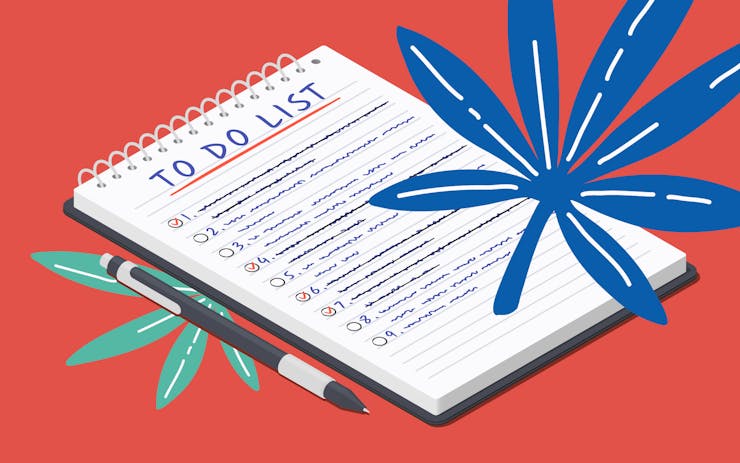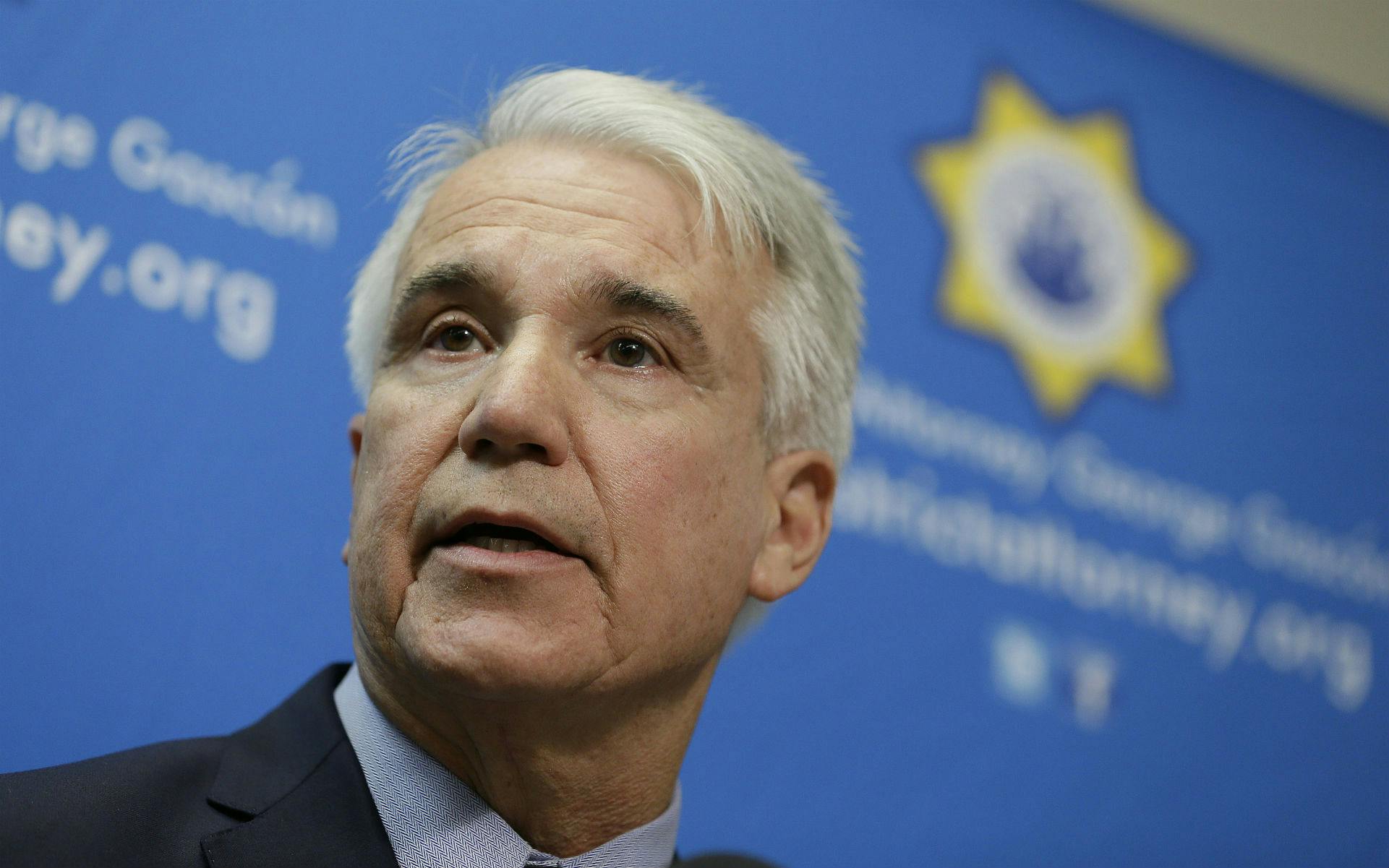Cannabis legalization has hit a turning point. No longer are the most exciting conversations about whether to legalize; today they’re about how best to go about it. As legal cannabis evolves from an abstract concept to a fully fleshed-out policy, we have complicated questions to answer.
Thankfully, we’re not starting from scratch. Every legal-cannabis state has offered important lessons about how seemingly small regulatory details can play a big role in shaping the industry, for better or worse. Sometimes tedious provisions around taxes or licensing can make lasting impacts on what the market looks like—or even whether that market is allowed to exist. Last month we saw legalization measures in New York and New Jersey falter due to disagreement over taxation, licensing, and equity details.
Few have seen these issues from as many angles as Shaleen Title, one of five members of the Cannabis Control Commission in Massachusetts. As an attorney and entrepreneur, Title launched a women-led cannabis staffing agency and provided regulatory expertise for cannabis businesses. She also co-authored Question 4, the ballot initiative that legalized adult-use cannabis in Massachusetts. Along the way, she’s been a steady voice for a fair, equitable industry that addresses the drug war’s past harms, which fell disproportionately on people of color.
“Don't get boxed into outdated pro vs. anti-pot.”
Recently, Title posted a Twitter thread laying out her “top 10 must-haves for any state cannabis legalization bill.” It’s a best-practices list aimed at ensuring equity and accountability. She’s been sharing versions of the list with officials in neighboring states, most recently Connecticut. “I rewrite these every time I give a speech in another state,” she said, “because every day I learn more and they evolve.”
Title has allowed Leafly to publish an edited version of the list, which she offers with this disclaimer: “These are my subjective opinions based on experience as both an activist and regulator, offered in good faith for those trying to keep improving on our current progress. As more states learn more lessons and share them, we will all keep refining our knowledge.”
10 Must-Haves in Any Cannabis Legalization Bill
1. Allow homegrow. Let consumers grow a limited number of their own plants at home and gift a limited amount to other adults. In Massachusetts, adults can grow up to six plants per person, with a maximum of 12 per residence (see law for details), and can give away up to an ounce. This serves as a check on monopolies, delays to store openings, and more.
2. Automatic expungement for cannabis convictions—in the same law at the same time as legalization. Period.
3. Diverse representation in regulation. Ensure as a non-negotiable, never-expiring statutory requirement that people from disproportionately harmed communities are represented at the very top of the regulating agency. (Yes, there are plenty who are qualified.)
4. Transparency in regulation. Ensure that the regulating agency is diverse, independent, subject to full transparency, and appointed by different people. This is something I’m incredibly proud of in Massachusetts, and I recommend adopting it. Brand new agencies take time and resources to start up, but it’s worth it.
5. Dedicated tax revenue. Don’t allow legislators to divert cannabis tax revenue. Demand that it be reinvested into disproportionately harmed communities. Give this measure teeth; don’t let that revenue be “subject to appropriation,” and don’t require bureaucratic application processes that only privileged communities will be able to tap into.
Sidenote: The Minority Cannabis Business Association model state bill, which I worked on before becoming a commissioner, creates an Office of Justice Reinvestment to fairly distribute such revenue. You can find the model bill on the MCBA website.
6. (a) Establish equity assistance programs. Separate from that reinvestment, invest a specific percentage of tax revenue into technical assistance, hiring programs, and interest-free loans for disproportionately affected communities with a funding mechanism for initial programming and outreach as soon as the law passes.
6. (b) Deadlines must be met. It is very important that you hold the agency or agencies in charge to specified deadlines. Impose consequences for missing those deadlines. I think every existing equity program thus far, including the one I designed, underestimated the need for immediate outreach and education.
By the way if anyone brings up “constitutional concerns” over benefits for disproportionately harmed communities, they’re probably using that an excuse to not have to say they don’t like equity. Ask for the specific legal concerns in writing and you likely won’t hear back.
— Shaleen Title (@shaleentitle) March 16, 2019
7. Limit licenses and require diversity goals. Require state regulators and local governments to ensure diversity in the industry at ownership and employee levels, with goals, measurement, and accountability for the regulators (it may be best for them to design their own goals). Impose and enforce limits on the number of licenses a single entity can control. (In Massachusetts, an entity can control up to three of each license type.)
8. Tie tax revenue to met mandates. Make this a statutory requirement: Tax revenue flows only to municipalities that have honored these mandates. Leave it up to the municipalities to figure out how to make their local laws and processes inclusive to disproportionately harmed communities before receiving any local taxes.
My recommendation to anyone seeking an equitable cannabis program would be to not compromise an inch on this one. Doing so could easily undermine the rest of your work. There are good and bad local examples throughout Massachusetts and California.
9. License holders must contribute to government-set goals. Require every licensed cannabis business to contribute to these goals in addition to but not instead of the government’s role. One option is to require diversity plans and positive impact plans as requirements for licensure and renewal, as in Massachusetts, but there are many ways to accomplish this.
10. Demand regular data reporting. Require the regulating agency to collect data on each of these items, report the data regularly, and take remedial measures when the data is not satisfactory. Give the regulating agency broad flexibility and authority to accomplish this.
Hope you found this helpful. Feel free to use and share with or without attribution. If you’re standing up for equity before the law passes, team up with everyone who doesn’t want an industry controlled by a handful of corporations. Don’t get boxed into outdated pro vs. anti-pot.
— Shaleen Title (@shaleentitle) March 16, 2019







